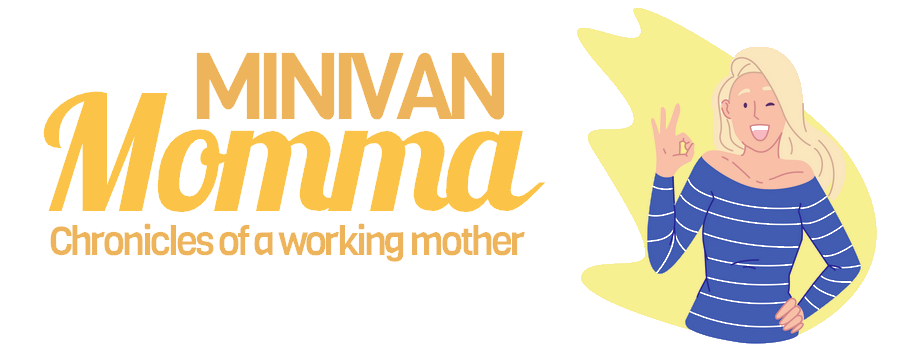Would you know how to react if you saw an aging loved one fall?
Of course, if they are injured, you must call an ambulance as quickly as possible. But what if they are bruised and need help safely getting back on their feet?
It’s time to learn what to do if an elderly person falls, so you can be better equipped to care for the people you love.
1. Stay calm and encourage them to stay calm as well

It can be terrifying to see an elderly person fall, especially if it’s a loved one. However, the last thing you want to do is panic. Don’t try to help them back up in a rush, as you could do more harm than good.
Stay calm, and encourage them to stay calm as well. If they are shocked or agitated, gently instruct them to take slow deep breaths until they can calm down.
2. Check if they are injured

Once everyone is calm, check with them if they are in pain. If they do, ask them where their pain is and how severe it is.
Falls can result in bruises, sprains, head injuries, and broken bones, including hip fractures. They will only suffer a few bruises and sore muscles if they are lucky. But it’s important to remember that when an elderly person falls, it can have serious consequences.
Do not take the situation lightly if they complain of being in pain.
3. Call 911 if they are badly injured

If the elderly person is in pain or bleeding, don’t try to move them. Call 911 quickly, and wait for the ambulance workers to arrive.
While you wait, do what you can to make sure the elderly person is feeling as comfortable as possible. Get them a blanket or a vest if they are feeling cold. Talk to them softly to reassure them, and let them know that help is coming.
4. Help them get back up if they are not injured

If the elderly person is not hurt and needs your help to get back up, you first have to ensure it’s safe for them to do so. If they tripped on an object or dropped something that broke into many pieces, start by clearing the area.
Don’t try to lift them. It’s best if you can simply help them get back up on their feet on their own. An easy way to do this is to get two chairs and place one near their head. The second chair, on which you want them to sit for a moment, should be placed behind them.
Gently help them roll on their side, then get on their hands and knees. Next, instruct them to place their palms on the first chair’s seat, lean forward, and slowly rise enough to sit on the second chair, which you will hold right behind them.
Once they are sitting, rest until they feel confident enough to get up and walk. While they recover, you can check with them again whether they might have an injury or simply a few bruises.
5. Make sure they are not at risk of falling again

Before you let them get back up, make sure they are not at risk of falling again. This means you should determine what caused the fall and do what you can to prevent another one.
Of course, if the cause of the fall was weakness, sickness, or a visual impairment, there isn’t much you can do now. But if they fell because they tripped or slipped on something, clear the area to make it safe.
6. Let their doctor know about the fall

Many seniors feel too ashamed to tell their caretakers and their doctor that they have suffered a fall.
If the elderly person you’ve helped is a loved one, tell their doctor about what happened. It doesn’t matter if they fall regularly or if it is their first time. Falls are serious, and watching for any signs of injury is important. If there is liability involved, you should also contact a slip and fall lawyer for a consultation.
7. Have a discussion about fall alarms

If possible, help the elderly person take measures to prevent another fall.
It could be a good idea to discuss fall alarms. These alarms can be worn as a necklace, automatically detecting a fall and calling for help. Other models simply feature an alarm button the person can press when they have fallen and need immediate assistance.
Fall alarms can’t prevent falls, but they can help elderly persons who live alone keep their peace of mind, knowing that help will come if they fall and can’t get up on their own.




